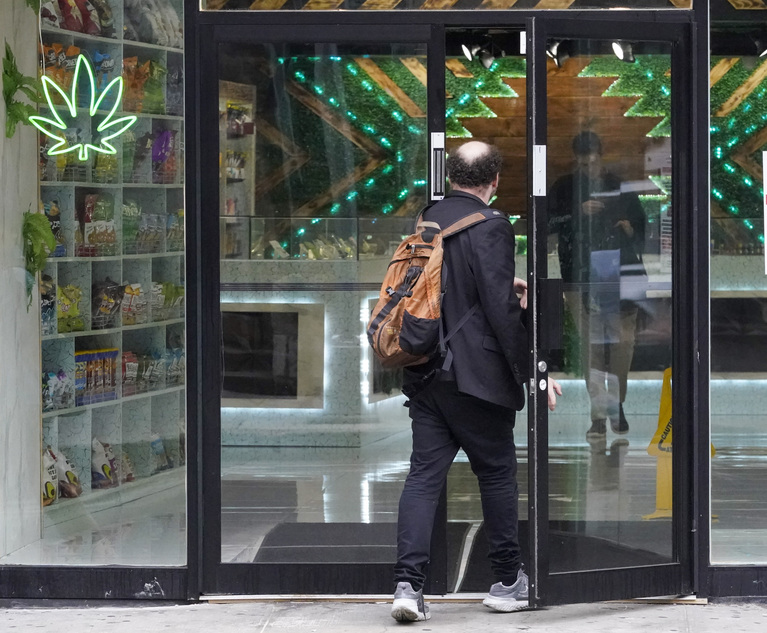Ethical walls are a necessity when lawyers and prosecutors need to maintain separate teams to review privileged documents or navigate conflicts. In this article, we discuss best practices for effective implementation of ethical walls in light of two recent developments—the decision by the U.S. Attorney’s Office for the Southern District of New York (S.D.N.Y.) to proactively seek a special master to review materials seized from Rudy Giuliani’s home, and the Department of Justice Antitrust Division’s recent request for a federal court to probe the adequacy of an ethical wall at the law firm of Morgan, Lewis & Bockius related to their representation of co-defendants Glenmark and Teva in a price-fixing prosecution pending in the Eastern District of Pennsylvania, which led to Morgan Lewis’s withdrawal from the matter.
Background
The Justice Manual instructs DOJ attorneys to take precautions to avoid “impinging on valid attorney-client relationships” while searching the premises of an attorney who is the suspect, subject, or target of an investigation and while reviewing any seized materials. Justice Manual, U.S. Dep’t of Justice, §9-13.420. To protect the attorney-client privilege, the Manual recommends searches be conducted by “taint teams,” consisting of agents and attorneys not involved in the investigation. The Manual also contemplates the use of a special master to review the seized documents before they are turned over to the investigating prosecutors but does not articulate when a special master should be sought. Id. at §9-13.420(F).


 Credit: Duncan Andison/Adobe Stock
Credit: Duncan Andison/Adobe Stock




